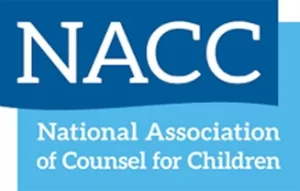Michigan’s sex offender registry facing, losing lawsuits
On Behalf of Kirsch Daskas Law Group | Dec 31, 2019 | Sexual assault |
The American Civil Liberties Union continues to challenge Michigan’s sex offender registry. The group says the registry does more harm than good in keeping the people of Michigan safe and, meanwhile, violates the rights of those it lists.
Michigan’s registry has already lost major fights in federal court. In addition to defending itself on new fronts, the registry also faces ongoing court battles aimed at getting it to finally obey rulings it has already lost.
A brief history of SORA and the lawsuits it faces
The state passed its first Sex Offender Registration Act (SORA) in 1994. Michigan expanded SORA’s power in 2006 and 2011.
Those newer SORA laws were harsher and applied retroactively, giving people new punishments that did not exist when they committed the crimes or even at their first sentencing. SORA also provided no way for the registrants to appeal the decisions, the ACLU says.
In 2016, a federal court agreed with the ACLU that these punishments cannot apply retroactively. It also cited research that the registry made the public less safe instead of safer.
The ACLU is now fighting to get Michigan to comply with the federal court’s decision.
What you may not know about Michigan’s SORA
The ACLU offers an extensive list of concerns it has about the Michigan registry, including this small sample:
- The registry included about 43,000 people in 2017 and adds about five people every day.
- Police, the Department of Corrections and Michigan courts spend millions enforcing the registry with no clear effect on public safety.
- The registry lists people not found to be a danger to the public.
- The registry includes people who committed no sex offense, are not convicted of anything and are as young as 14.
- Most people must stay on the registry for life.
- Research shows proper evaluations can predict future offenses much better than prior convictions.
The organization recommends that everyone on the registry should obey the rules SORA requires and consider providing testimony in support of their work or even joining their class-action lawsuit.










